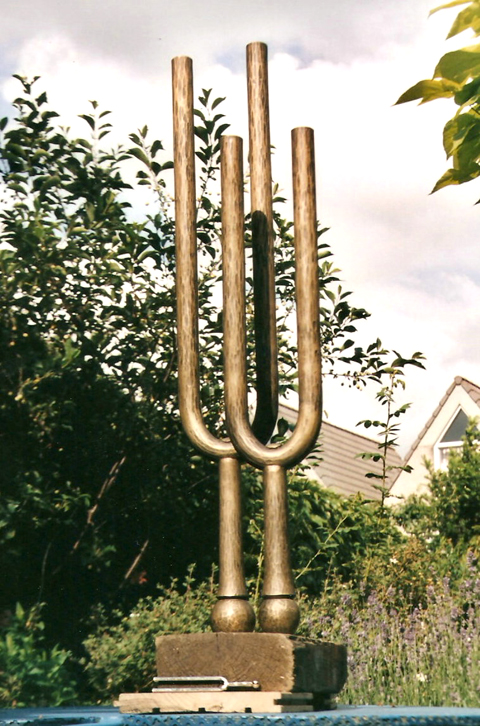 In the Proceedings of the Royal Society B (Biology) of August 10, 2011, interested readers can read in an article by James Heron that "duration perception […] may be mediated via a system of duration-selective ‘channels’, which
In the Proceedings of the Royal Society B (Biology) of August 10, 2011, interested readers can read in an article by James Heron that "duration perception […] may be mediated via a system of duration-selective ‘channels’, which
are differentially activated depending on the match between afferent
duration information and the channels’ ‘preferred’ duration." This is an interesting postulation which may, however, be incorrect, as, to the best of my knowledge (though I am not a physician), there are no particular channel-like structures associated with our sensors (ears and eyes) that can be held responsible for our understanding of how long a particular event lasts.
From a mathematical and engineering perspective it is also known that there exists a strong relation between time and frequency, taught to us in high school when we learn about the meaning of T = 1/f, T being the period of a (periodical) signal and f its frequency. Some people are known for having an "absolute pitch", sometimes erroneously called "absolute hearing", in the sense that they recognize exactly the pitch of a tone they hear. Most people do not have this remarkable talent, but are nevertheless still pretty good at estimating the approximate pitch of a tone they hear.
Also, it is known that events seem to last longer when they are dull or not exciting and its opposite is probably best illustrated by the expression "time flies when you’re having fun", Also, and this many of us have experienced during the ELCA music festival of last March, sometimes, when excited, a little bit tensed or under pressure, musicians have a tendency to play their songs faster, with more beats per minute, without being aware of it. Apparently, in a more stressful situation, our notion of time becomes related to a faster clock, or a shorter time duration. Finally, it is known that when people are feverish, also their notion of time changes.
The above relation between time and frequency and thus pitch and the experience of time and frequency stretch depending on our excitement, suggest, at least to me, that our notion of time is not so much related to a static entity in the form of a channel, but rather is linked to our internal oscillatory processes, as, e.g., happen in the brain between its various hierarchical layers, or in our lifesupporting master clock, the heart. It would be interesting to see whether the above states of excitement also affect the frequency of our brain waves (alpha, beta and gamma waves). If so, the issue of reliable tinnitus detection (see Senad’s previous post) may become more patient and situation-specific and thus more difficult to implement.
Stay tuned 😉
Wouter
